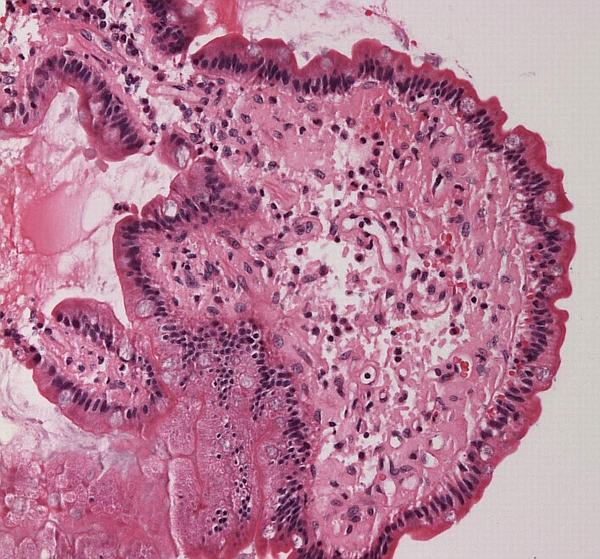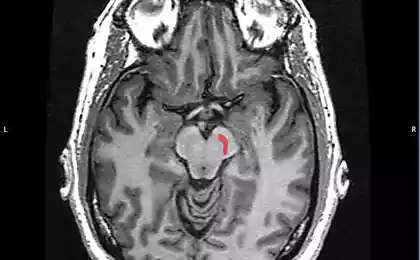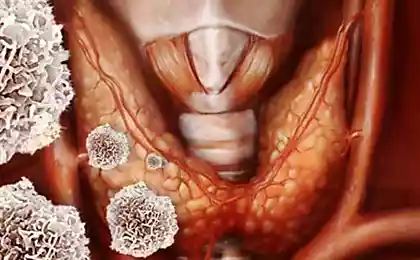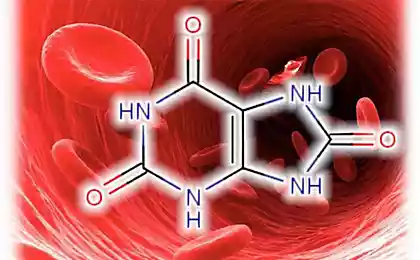1398
The antibody will help early diagnosis of Parkinson's disease

Neurodegenerative disorders like Alzheimer's or Parkinson's disease - is a consequence of transformation of pathogenic proteins synthesized by cells in the brain. In the case of Parkinson's disease incurable until the problem is in the protein alpha-synuclein, changes in which are pathological and entail a gradual withering away of neurons in the brain. However, until now scientists could not detect any antibodies that would help to demonstrate the pathological changes in the alpha-synuclein associated with Parkinson's disease.
And now an international group of researchers led by Gabor Kovacs (Gabor G. Kovacs) of the Clinical Institute of Neurology at the Medical University of Vienna (Austria) managed to get the antibody having the desired capacity.
The developers believe that it opens the way for the creation of a new method of early diagnosis of Parkinson's disease, because the antibody will detect abnormal conformation of the protein in various body fluids such as blood or cerebrospinal fluid. Now antibody passes first round of clinical trials involving 200 patients; results should be available by the end of this year.
The main stage in the creation of a new antibody steel complex procedures immunizing animals with synthetic peptides containing different amino acid sequences needed to find a simulation of pathological modification of alpha-synuclein and cause the formation of antibodies (modifications may be many, but not all lead to the formation aggregates and painful reaction of the body). Thus, immunization of mice with peptide TKEGVVHGVATVAE (comprising alpha synuclein amino acids with the 44-th to 57 th) led to the development of monoclonal antibody 5G4, which is capable of selectively binding to aggregates of alpha-synuclein, significantly outperforms the other antibodies obtained in the experiments .
Scientists remind us that before there was a possibility of a diagnostic detection of alpha-synuclein, but it could not be distinguished from the normal form of atypical. New monoclonal antibody finally detects a strategically important part of the protein responsible for the structural changes during folding.
Progress Report and its results, the authors published in the journal Acta Neuropathologica.
Although we still can not say whether there is a reality diagnosis through a simple blood test, one thing is clear: the use of a new antibody will help diagnose Parkinson's disease for 5-8 years before the first symptoms. Maybe in the future it will become a necessary part of successful treatment of the disease, which also can be started much earlier.























